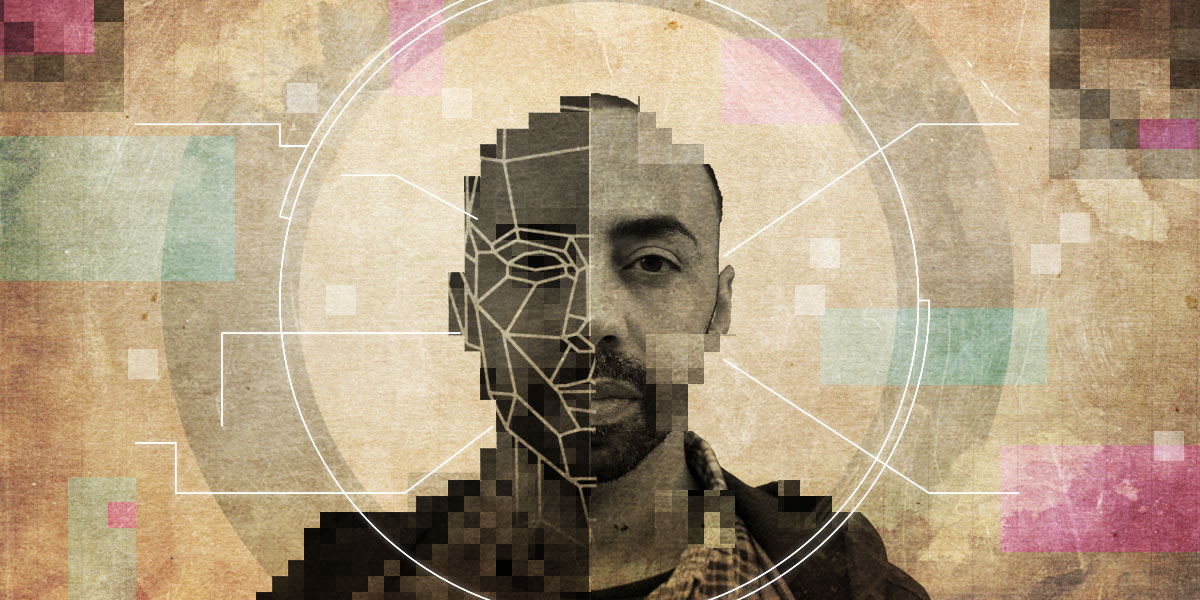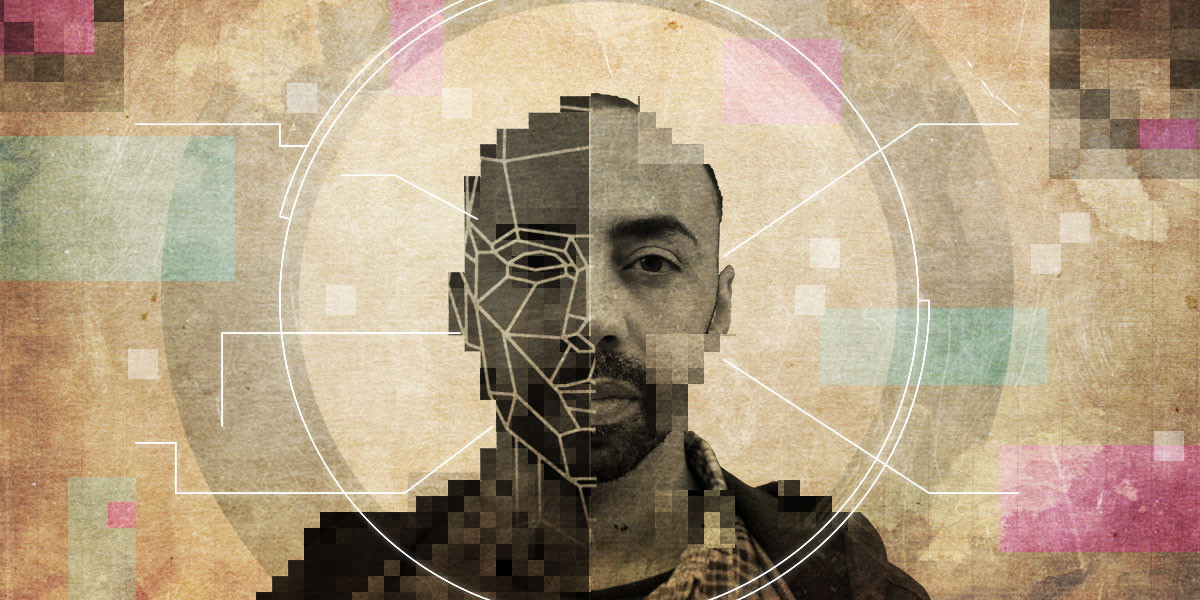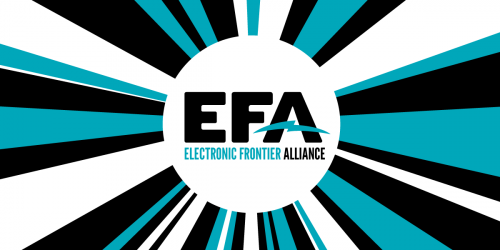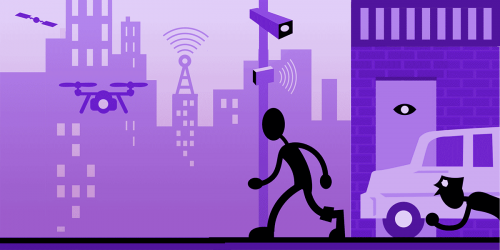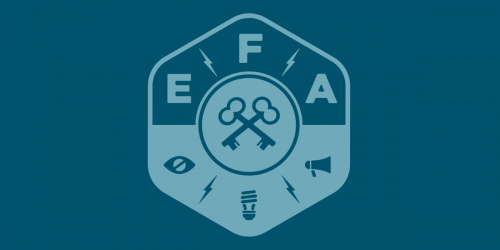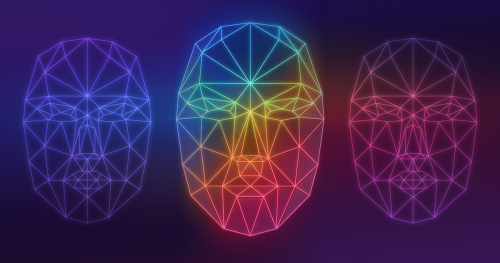Over two hundred New York City residents—including workers, parents, students, business owners, and technologists—have signed a petition calling to end government use of face surveillance in New York City. This morning, EFF and a coalition of over a dozen civil liberties groups delivered that petition to New York's City Council.
In the letter accompanying the petition, the groups commend the City Council members (more than thirty of them) that have signed on as cosponsors of the long overdue, and much needed, POST Act. The push continues to convince City Council Speaker Corey Johnson to allow the POST Act to be presented for a vote, and the groups insist on prompt action against the persistent threat that government use of face surveillance presents to New Yorker's privacy and safety.
Earlier this month, New York State Senator Brad Hoylman introduced legislation that would prohibit law enforcement use of face surveillance—and other forms of biometric data collection—throughout the state. EFF supports Senator Hoylman's bill. But the promise of protection at the state or federal level is no excuse to delay action at the local level.
END FACE SURVEILLANCE IN YOUR COMMUNITY
Just last week it was revealed that despite the NYPD's assertions that "there is no institutional relationship" between the department and controversial face recognition developer Clearview AI, NYPD officers in fact have run more than 11,000 searches through the company's system. NYPD officers have long misused face recognition technology. For example, NYPD officers picked a celebrity that they felt resembled the unknown suspect in a low-quality crime-scene photograph, they ran the celebrity’s photo through the face recognition system, and they arrested a person because the system matched their face to the celebrity’s (and not to the actual suspect’s).
The POST Act’s requirement for publicly accessible use policies would be an important first step in addressing NYPD officer's use of face recognition on minors, the substitution of doppelgangers, and the use of troubling technology like Clearview AI's.
But far more is needed. Face surveillance profoundly intrudes on our ability to exist freely in public and has grave First, Fourth, and Fourteenth Amendment implications. So we must confront critical questions of whether ethical use of this dangerous technology by government is possible. Several cities have already sided with EFF and our partners, answering that question with a resounding “no.” In the words of Abi Hassen, Cofounder of Black Movement Law Project, which is an Electronic Frontier Alliance (EFA) group: “Facial recognition and other biometric surveillance technologies give the most personal and private aspects of our bodies and our lives to unaccountable government bureaucracies and their corporate partners. This is not what freedom looks like.” And according to Albert Kahn, the Executive Director of Surveillance Technology Oversight Project (STOP), which is another EFA group: “Face surveillance gets it wrong, leading to the false arrest of New Yorkers of color. The technology can easily be weaponized against protesters, religious communities, or anyone else exercising their First Amendment rights.”
Kahn, a leader in the fight to pass the POST Act, believes strongly that face surveillance must be banned, and the POST Act must be passed. “Banning face surveillance is just part of the solution, which is why the City Council needs to pass the Public Oversight of Surveillance Technology Act, so New Yorkers can know all the invasive and biased spy tools that track our communities.”
While the first two hundred petition signatures were delivered today, New Yorkers are still encouraged to add their names at aboutfacenow.com/new-york-ny and to contact Speaker Johnson’s office to call on him to immediately bring the POST Act to a vote. To find out how you can advocate for a ban on government use of face surveillance in your community, visit aboutfacenow.org .
The civil liberties groups that joined EFF in delivering the petition to New York's City Council are the Black Movement Law Project, The New York Chapter of the Council on American-Islamic Relations, Desi's Rising Up and Moving (DRUM), Fight for the Future, the Legal Aid Society, the May First Movement Collective, Media Justice, Rethink LinkNYC, Open Source Design, the Surveillance Technology Oversight Project (STOP), Tech Learning Collective, and the War Resisters League.


